An employee must not work for more than five hours in a row without getting a 30minute eating period (meal break) free from work However, if the employer and employee agree, the eating period can be split into two eating periods within every five consecutive hours Together these must total at least 30 minutes I wouldn't personally advise a client to allow an employee to work 93 without a break, it's not sensible in my view to work that long in a stretch Also if other members of staff have an hour unpaid break written into their day but usually work through most of it, it's not fair on them if someone else is allowed to work through and get paid A young barista says she was forced to make coffees for 11 hours with only one minute break while working at Nomad Coffee's pop up stand at Fieldays Hay Morris shared her daughter's experience

Can My Employer Change My Schedule Last Minute Hourly Inc
Working 11 hours breaks
Working 11 hours breaks-Employees are entitled to; Daily Rest the 11 Hour Rule The daily rest requirement is mandatory An employee and an employer cannot agree to less than eleven (11) consecutive hours off work each day This maximum applies even if there is an excess daily hours of work agreement or an excess weekly hours of work agreement approved by the Director of Employment Standards



2
You should get at least 11 hours rest each day This means your working day should not be more than 13 hours long If you are a night worker you should only work, on average, for 8 hours a day A night worker is someone who works at least 3 hours during nighttimeWithin each 24hour "day" (as described above), an employee generally is entitled to be free from work for at least 11 consecutive hours Exceptional Circumstances In certain exceptional circumstances an employee may be required to work more than the daily or weekly limits on hours of work, or during a required rest period 30Minute Driving Break Drivers must take a 30minute break when they have driven for a period of 8 cumulative hours without at least a 30minute interruption The break may be satisfied by any nondriving period of 30 consecutive minutes (ie, onduty not driving, offduty, sleeper berth, or any combination of these taken consecutively)
Employees who work more than five (5) hours in a day are entitled to a thirty (30) minute meal break However, an employee may agree to waive that meal break if s/he will not work more than six (6) hours in the day 4 In addition, employees who are working more than ten (10) hours in a day must also be given a second thirty (30) minute meal breakFollow these tricks, and you can still have a life, while putting in your 16 hours a day 1 Stop Working Out Let's face it, you never liked it that much anyways, and that's an easy hour a day you can get back If you have to work out, try and do it as close to the office as possible, and think about work and all the stuff you have to doYes Productivity improves when employees aren't worked to the bone Only US States require meal breaks, only 9 require rest breaks, and
Breaks between working days An employee should get at least 11 hours' uninterrupted rest between finishing work and starting work the next day If this is not possible (for example, there's an emergency at work), the employer must take steps to provide enough rest for the employee Breaks during the working week or longer An employer may not employ an employee for a work period of more than 10 hours per day without providing the employee with a second meal period of not less than 30 minutes, except that if the total hours worked is no more than 12 hours, the second meal period may be waived by mutual consent of the employer and the employee only if the first meal period was not The statutory minimum break entitlement for an 8hour shift in the UK is a minute break The break entitlement doesn't increase the longer the shift becomes So legally, someone working a 12hour shift would still only require a minute break If your employees are parttime, but working 8hour shifts, the same rules apply
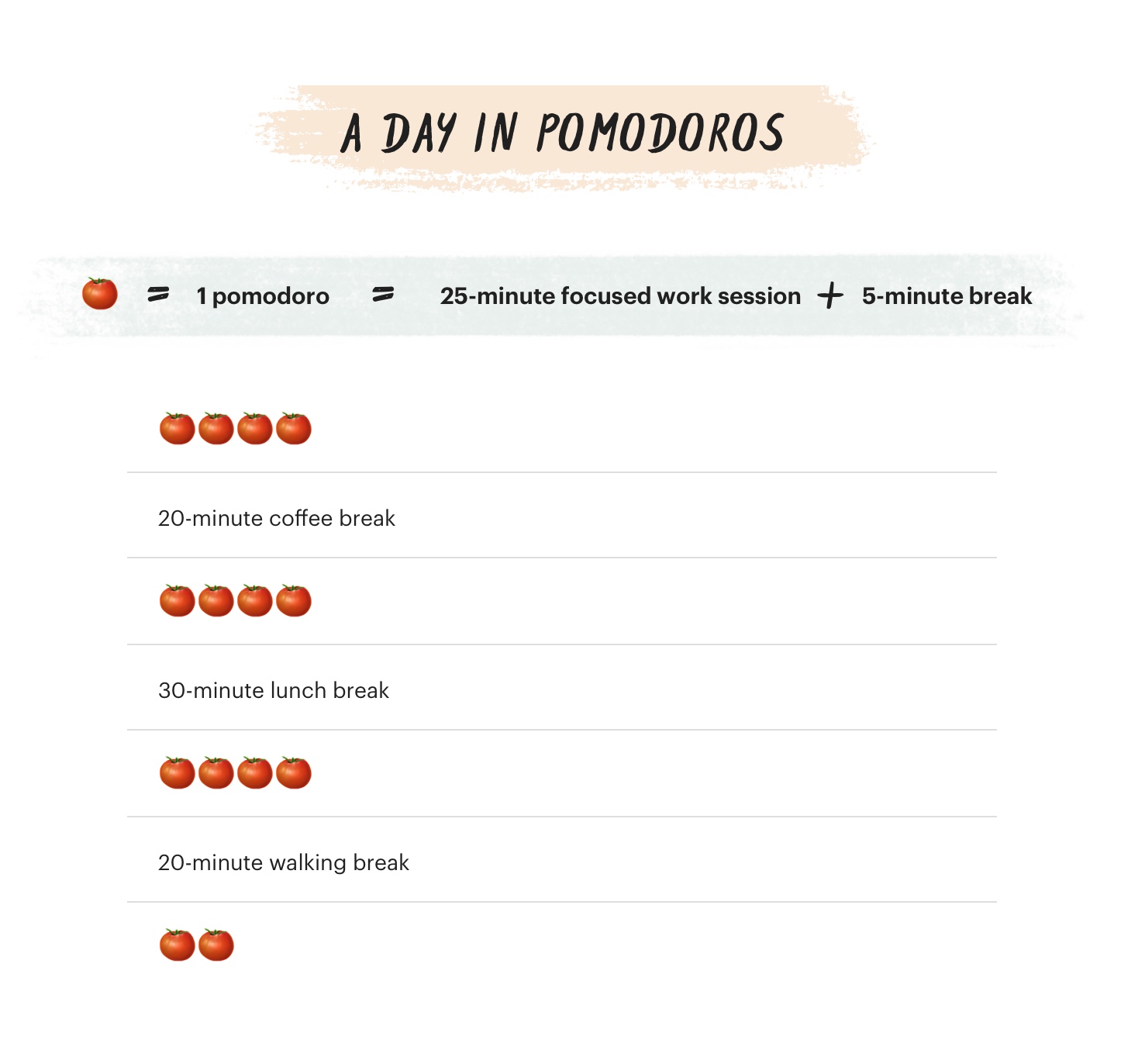



The Pomodoro Technique Why It Works How To Do It



2
In a case that may be of particular relevance to boarding schools, the European Court of Justice (ECJ) has provided clarity as to when an employer must provide a weekly rest period under the Working TimeEmployees working over 6 hours a day have the right to at least a minute breakRest Breaks Employees must be allowed a paid rest period, free from duties, of at least 10 minutes for every 4 hours worked Additionally Employees cannot be required to work more than 3 hours without a rest break Breaks must be scheduled as close to the midpoint of a work period as possible Employers can require workers to stay on the job



Www Ferris Edu Administration Adminandfinance Human Employment Supervisortoolkit Non Exemptemployeetravelthingstoconsider Pdf




Types Of Work Shifts Discussing First Shift Beyond
An employer may not employ an employee for a work period of more than 10 hours per day without providing the employee with a second meal period, except that if the total hours worked is no more than 12 hours, the second meal period mayWork hours of hospital staff nurses to determine if an association existed between the occurrence of errors and the work hours of nurses They found that hospital staff nurses made more errors when they worked more than a 125hour shift with or without overtime The results indicated that working 125 hours or longer in a 24hour period inDaily rest Is the employee's right to at least 11 hours' off between working days Weekly rest Requires your employees to have at least 24 uninterrupted hours without work each week (or an uninterrupted 48 hours every fortnight) What is the law on breaks at work?




The Pluses And Minuses Of A 4 10 Work Schedule Hourly Inc



2
A rest break allows an employee to rest for a short period of time during work hours Rest breaks are also referred to as 'crib breaks', 'rest pauses' or 'tea breaks' A meal break is a longer period of uninterrupted rest that allows the employee to eat a meal Awards, enterprise agreements and other registered agreements provide for paid and 11 January 18 back to news overview Working Time How many consecutive days can workers lawfully work without a weekly rest break?Example Hemi works an 11hour day from 7am to 6pm His first 8 hours of work ends at 3




Work Hours Overtime And Break Time Of Registered Nurses Working In Medium Sized Korean Hospitals Semantic Scholar




Unofficial Subramanian Swamy Looks Like The Frustrated Indian Is Terribly Struggling With Math In One Of Their Posts This Is What Happens When You Support Smriti Zubin Irani Time For
One 30minute unpaid break 4 hours after starting work Rest breaks Three 10minute paid breaks, taken two hours after starting work;Hours of work – The period during which employees are expected to carry out the duties assigned by their employers It does not include any intervals allowed for rest, tea breaks and meals Break times You are generally not required to work more than 6 consecutive hours without a breakAt my job I work 7 hours days without a break Should it be required that I be able to have one?




What Are Shift Work Hours Ziprecruiter
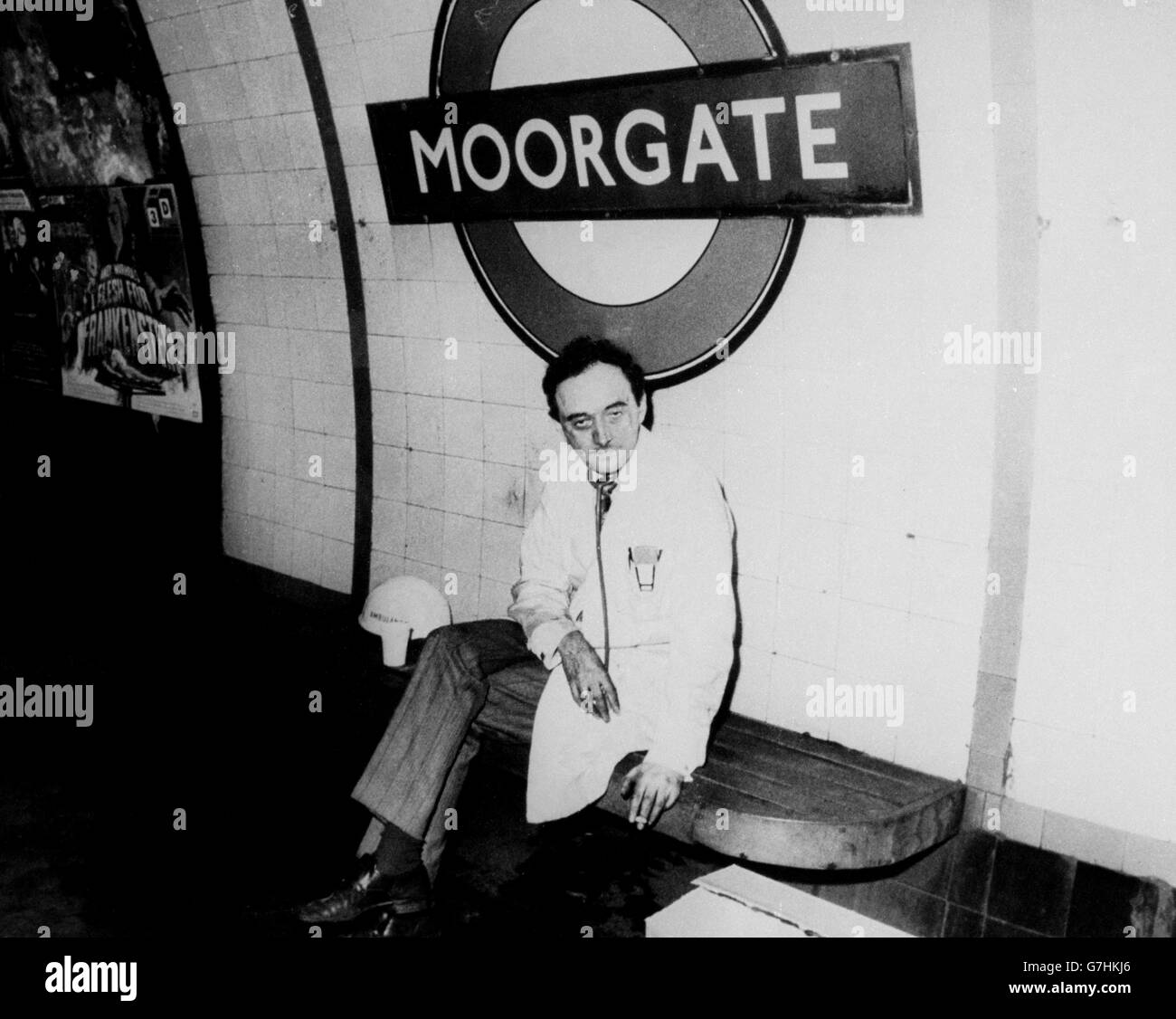



One Of The Doctors Takes A Break After Working For 11 Hours At The Scene Of The Tube Train Disaster At Moorgate Station Stock Photo Alamy
An uninterrupted rest break of at least minutes, taken during the day rather than at the beginning or end (eg tea or lunch break) 11 hours rest in a row between each working day 1 rest day in each working week this could be averaged out over 2 weeks, soHalfway between end of meal break and end of first 8 hours work;Complete Labor Law Poster for $2495 from wwwLaborLawCentercom, includes State, Federal, & OSHA posting requirements If this is your first visit, be sure to check out the FAQ by clicking the link above working over 11 hours without breaks Oregon Oregon
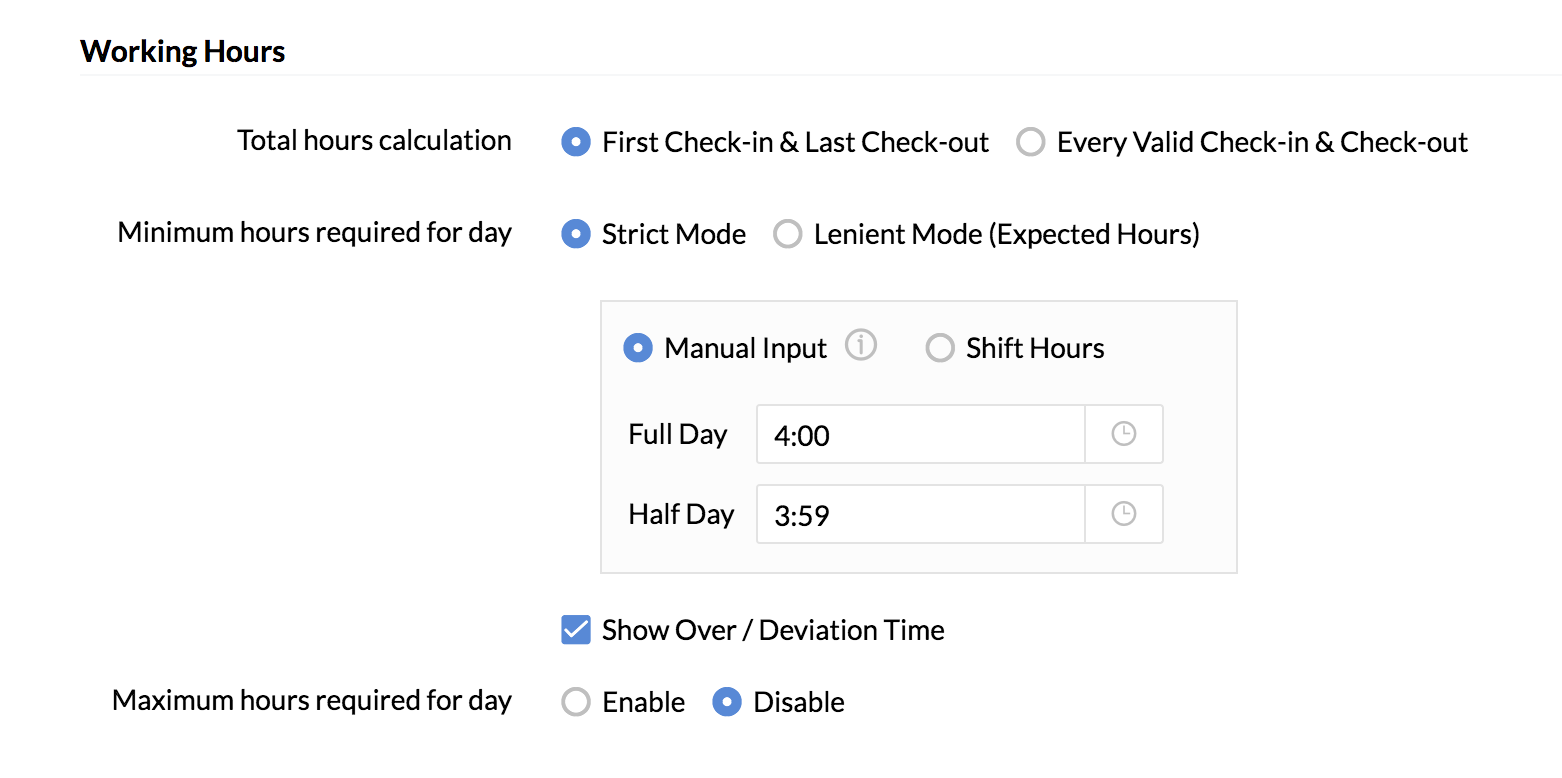



Attendance General Settings




Debu Debabratmishra A Twitter Here S Some Data That We Would Refer To In Our Joinclubhouse Discussion At 6 Pm Ist Today Topic The 4 Day X 12 Hr Work Week
Under the Regulations workers are entitled to 11 consecutive hours' rest in any 24hour period, a minute break if the working day is longer than six hours, and two full days off per fortnight Workers cannot waive these rights in their contracts If playback doesn't begin shortly, try restarting your device Videos you watch may be added to the TV's watch history and influence TV recommendations To avoid this, cancel andWorking time for someone who travels for their job Rights for employees who travel as part of their job Includes rules for employees who do not have a fixed place of work
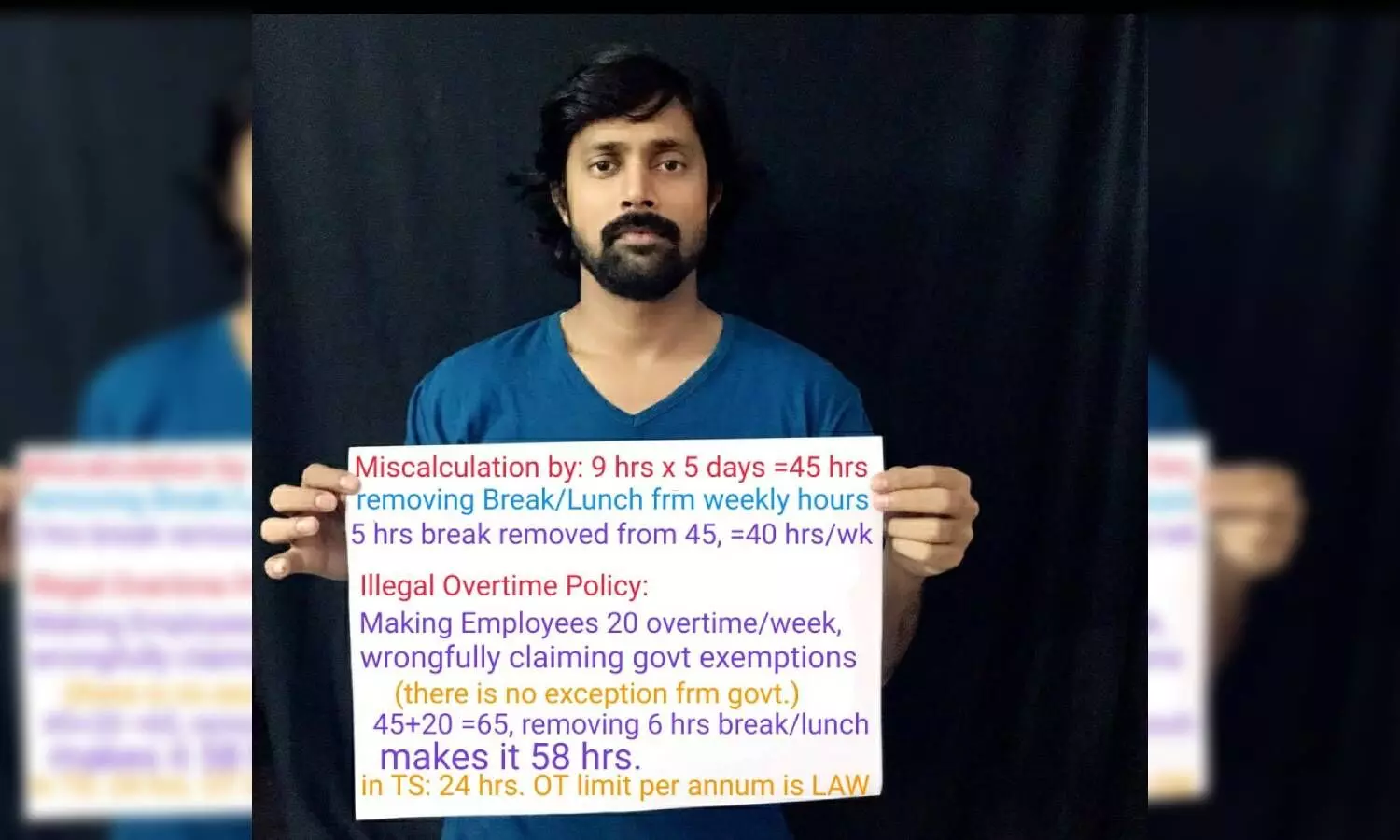



Amazon Hyderabad Fires Employee For Complaint Against Company S Working Hours



Q Tbn And9gcqmq 8sads0dxtrxpaaj9fta8uawpd7s4nqmiwbax19t2m Dttv Usqp Cau
A daily rest period of 11 consecutive hours per 24 hour period A weekly rest period of 24 consecutive hours per seven days, following a daily rest period A 15minute break where more than 4½ hours have been workedRest breaks at work A worker is entitled to an uninterrupted break of minutes when daily working time is more than six hours It should be a break in workingWage & Hour Laws Minimum Wage Laws;




Helen Graham Thanks Betterthanzero For Workplace Rights At An Easy Glance Employment Rights For Zero Hour Workers Unitetheunion Sportsdirectuk T Co Zvdu1rbsgz



Www Collincountytx Gov Supervision Corrections Documents Community service rules Pdf
Fair Work Online wwwfairworkgovau Fair Work Infoline 13 13 94 Need language help?The start and finish times or the days of the week the employee will work Employment agreements must fix the maximum number of hours to be worked by the employee at not more than 40 hours per week (not including overtime) unless the employer and employee agree otherwise If the maximum number of hours (not including overtime) are less than 40 The minimum rest period in a 24hour period should not be less than 11 consecutive hours In general, workers are entitled to at least 11 hours rest per day, at least one day off each week, and a rest break during the shift if it is longer than six hours For an adult worker, that minimum rest break is minutes uninterrupted




Tips For Working From Home Pcmag




In An 8 Hour Day The Average Worker Is Productive For This Many Hours Inc Com
Specific guidelines about when breaks are given, and how long, vary from state to state And, in most cases, they are guidelines Not laws A typical law would say something like "If an employee works over 6 continuous hours, he/she must be allowe If you start work at 7am you are entitled to take a 15minute break at 1130am At 115pm when you have worked 6 hours you are entitled to take a break of 30 minutes As you have already taken a break at 1115, your employer can limit this break to 15 minutes (If you are working in a shop you are entitled to a onehour break at 115pm) In a nutshellit simply states that you cannot "work" more than 14 hours in a 24 hour periodand cannot drive more than 11 hours in a 24 hour period, without taking a 10 hour break "Work" means the same as "on duty"As soon as you start your pretrip, you are on dutyyou have 14 hours to be "on duty" from that moment




How To Take Breaks When Working From Home




Working From Home Spots Around Tampa Bay To Break The Monotony
When an employer fails to provide one of these rest periods or meal breaks, the employee is entitled to one extra hour of pay at the employee's regular hourly rate 5 If the employer fails to provide multiple rest breaks or meal periods, the employee can earn up to one extra hour per workday for their missed rest periods6 and an additional one hour per workday for their missed meal breaks The Fair Labor Standards Act defines work hours and how they are compensated However, it does not require coffee or lunch breaks Thus, working eight hours without a rest period violates no national statutes However, if employers do offer breaks of five to 15 minutes as part of the work day, federal law does consider them compensable4 hours or more but less than 5 hours One 10 minute rest break No meal break 5 hours or more but less than 7 hours One 10 minute rest break One meal break 30 60 minutes 7 hours of more but less than 10 hours Two 10 minute rest breaks, with one taken in the first half of the shift and another taken in the second half of the shift




Working From Home The Ultimate Guide




Work Break Break Reminder Timer And Scheduler For Android Apk Download
Breaks and lunch periods are times, specified by the employer, during which nonexempt employees are not actively working on the job Employees use break time, which generally lasts from five to minutes per four hours worked, to eat, visit the restroom, read, talk with friends, smoke, and handle personal businessEmployees who work at least six consecutive hours shall be afforded a lunch period (meal break) of at least 30 minutes excep t in situations where shift coverage precludes such lunch breaks Employees who work a second consecutive shift shall be afforded a meal break after working four hours during the second shiftThe break doesn't have to be paid it depends on their employment contract Daily rest Workers have the right to 11 hours rest between working days, eg if they finish work
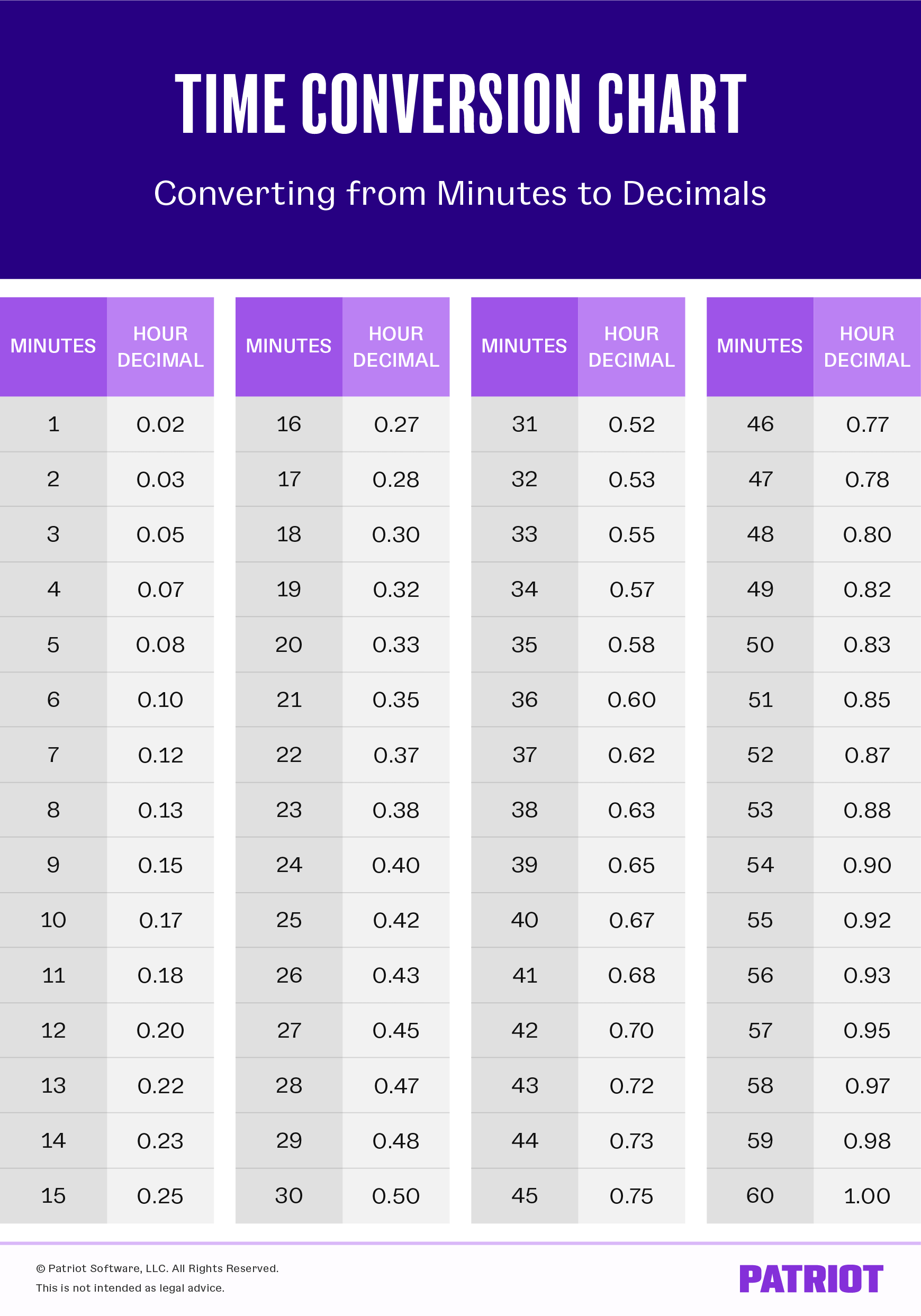



How To Convert Minutes For Payroll Steps Options More



2
Thu 0500 EST "In order to take a bathroom break, especially being a woman, we would have to be in an area that has a grocery store even as a 40hour fulltime workContact the Translating and Interpreting Service (TIS) on 13 14 50 Hearing & speech assistance Call through the National Relay Service (NRS) For TTY 13 36 77 Ask for the Fair Work Infoline 13 13 94 Speak & Listen 1300 555 727 Ask for the Fair Work Infoline 13 13 94Halfway between end of first 8 hours and end of work;
/paid-holiday-schedule-1917985_round2-5bb27a5346e0fb002612bb74.png)



What S A Typical Paid Holiday Schedule In The Us



2
Employers can say when employees take rest breaks during work time as long as the break is taken in one go somewhere in the middle of the day (notDaily rest breaks You are entitled to a rest period of at least 11 consecutive hours in each 24 hour working period This time may be taken over two calendar days Where this is not possible, you must be given "equivalent compensatory periods of rest" or "appropriate protection" 12 hourIf you're aged 18 or over, and your working day is at least six hours, you usually have the right to an uninterrupted rest break of at least minutes You're also entitled to an 11hour rest between working days, and an uninterrupted 24 hours without work every week



2



Alijavedd Files Wordpress Com 14 11 Work Smart Ontario 1 Pdf




Ministry Of Manpower Hours Of Work And Overtime Overtime Working Time




Child Labor Law



Www In Gov Dol Files Youthemployment 4 1 Trainingsummary Pdf
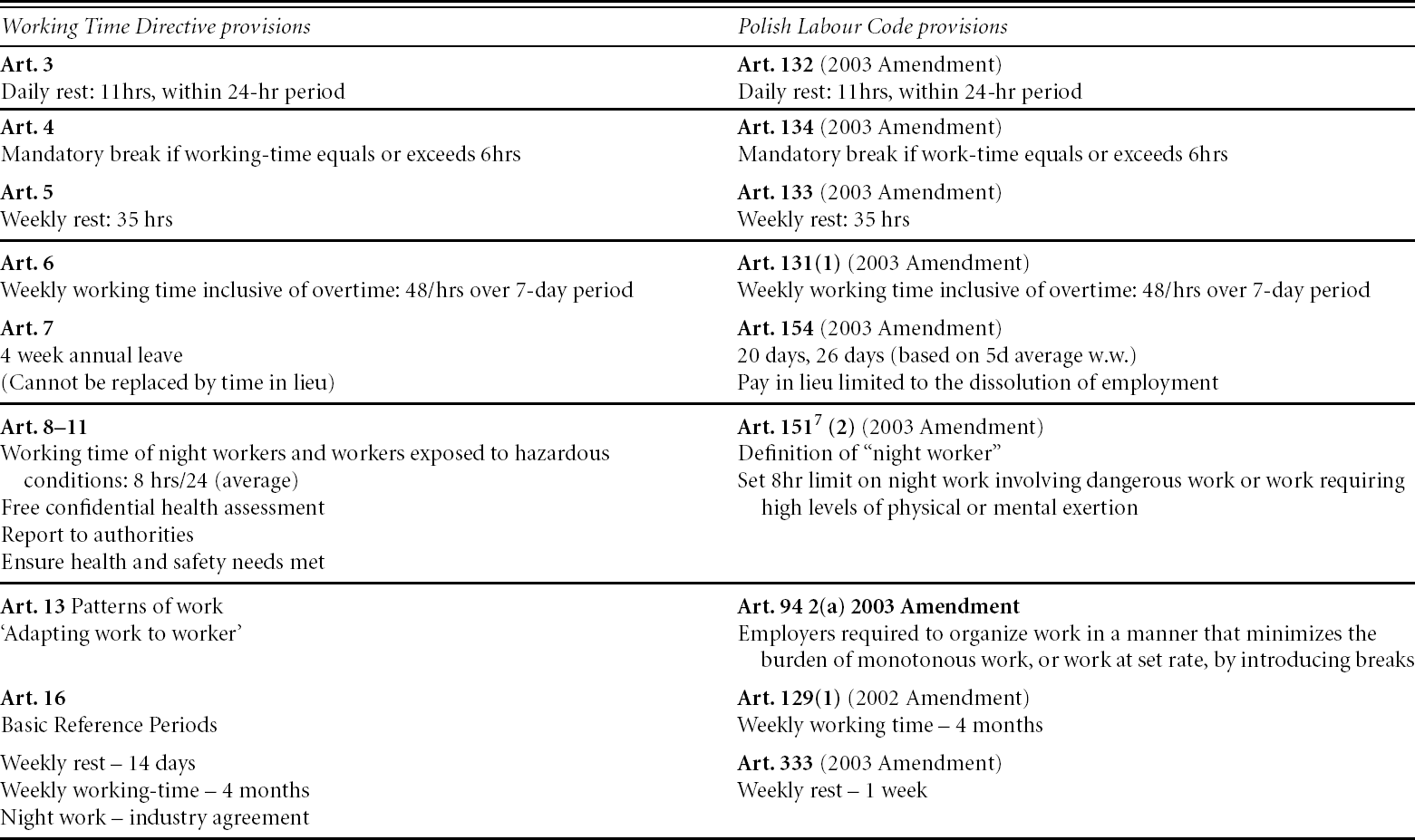



Consolidating Flexibility Polish Working Time Regime Gender And Social Reproduction In The Run Up To And Since The European Union Accession Chapter 5 Gendering European Working Time Regimes



Www Vallejowastewater Org Documentcenter View 711 Side Letter Operations 12 Hour Shift 0221 Pdf
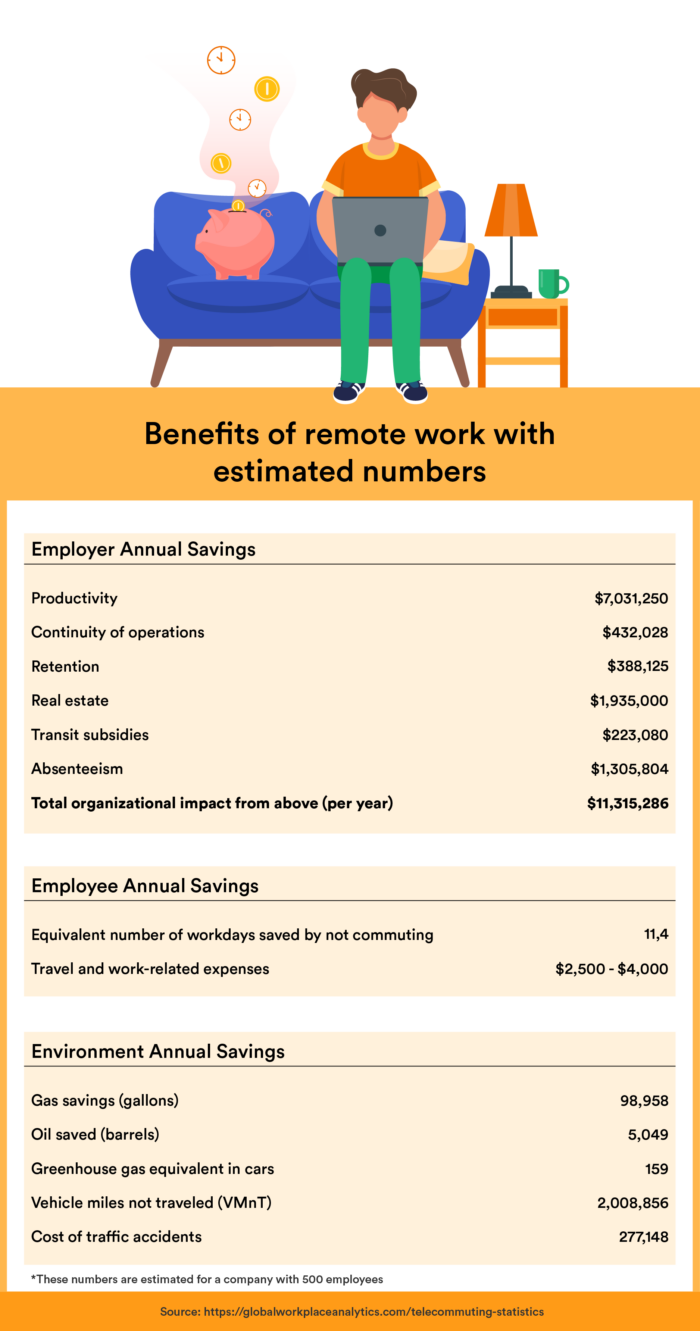



Working From Home The Ultimate Guide




How Many Hours Will You Work In A Part Time Job Flexjobs




Hours Of Work Ontario Laws Dutton Employment Law



2



2



Fl Schoolwires Net Site Handlers Filedownload Ashx Moduleinstanceid 1408 Dataid Filename Adm 9 006 application for waiver of florida child labor law Pdf




15 Ways To Increase Productivity At Work Inc Com




Can My Employer Change My Schedule Last Minute Hourly Inc



Arna Edition 70



2
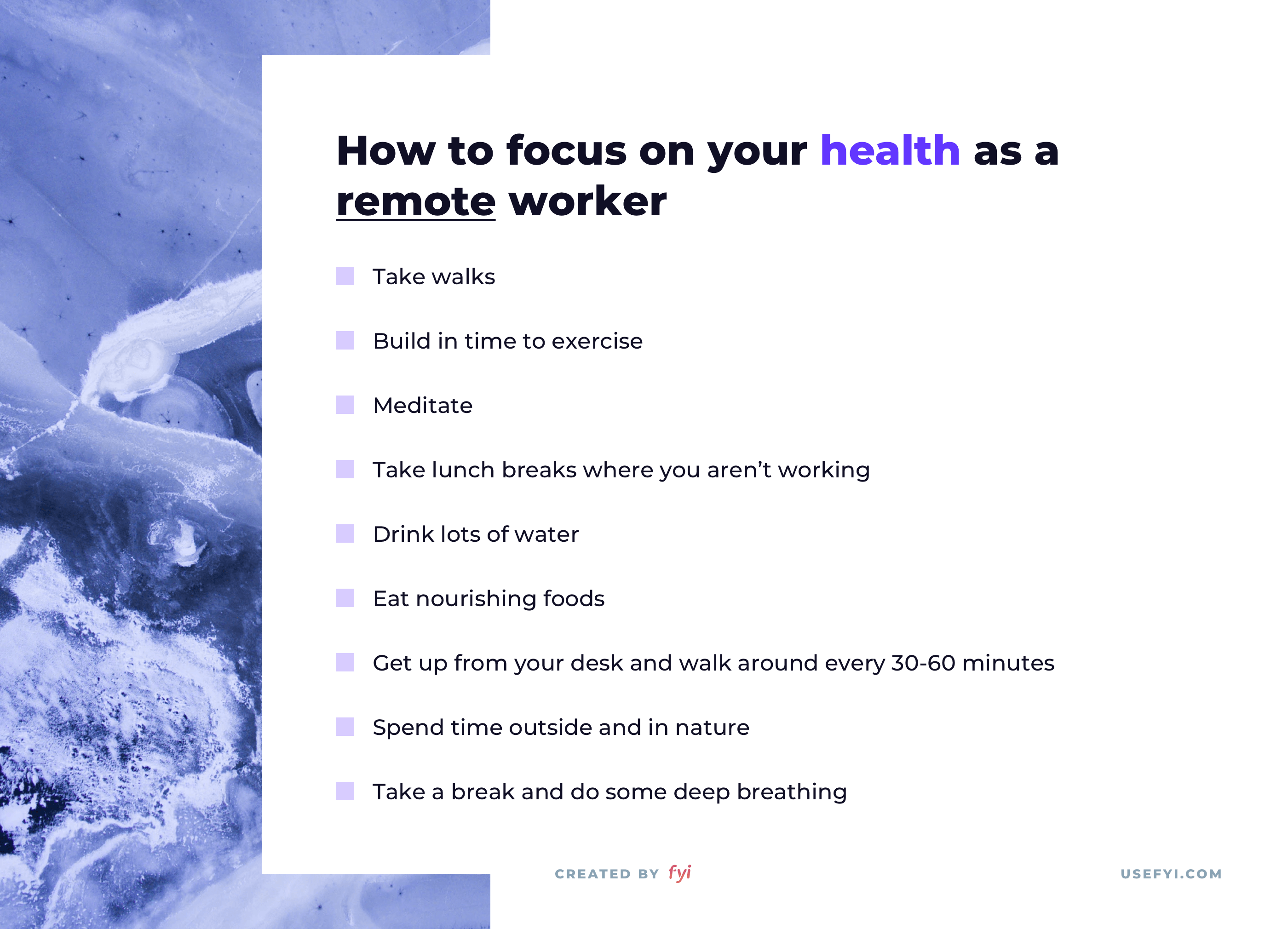



11 Best Practices For Working Remotely




Break Entitlements For An 8 Hour Shift Croner



2
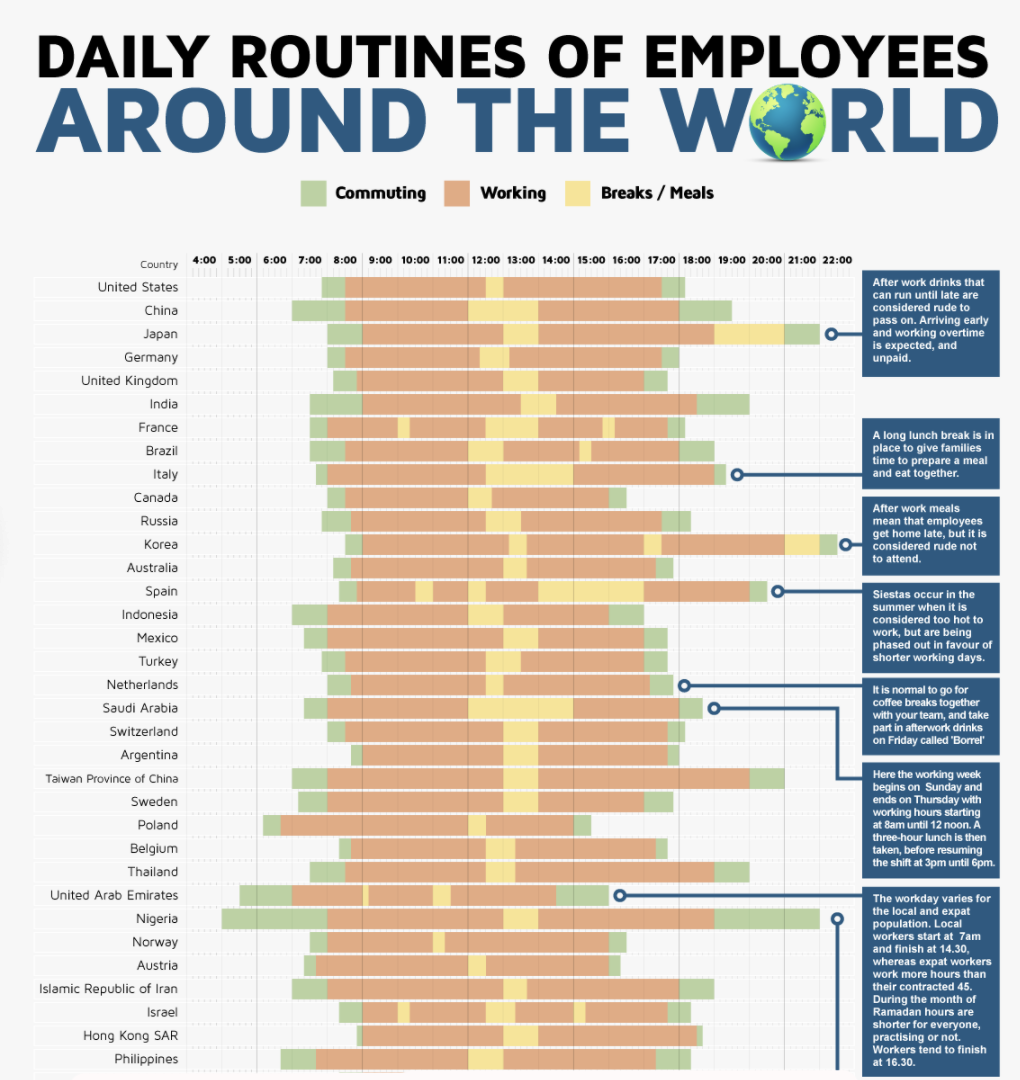



How Much Do People Work Across The World



Alberta Cupe Ca Files 14 06 L417townofbowden17 Pdf
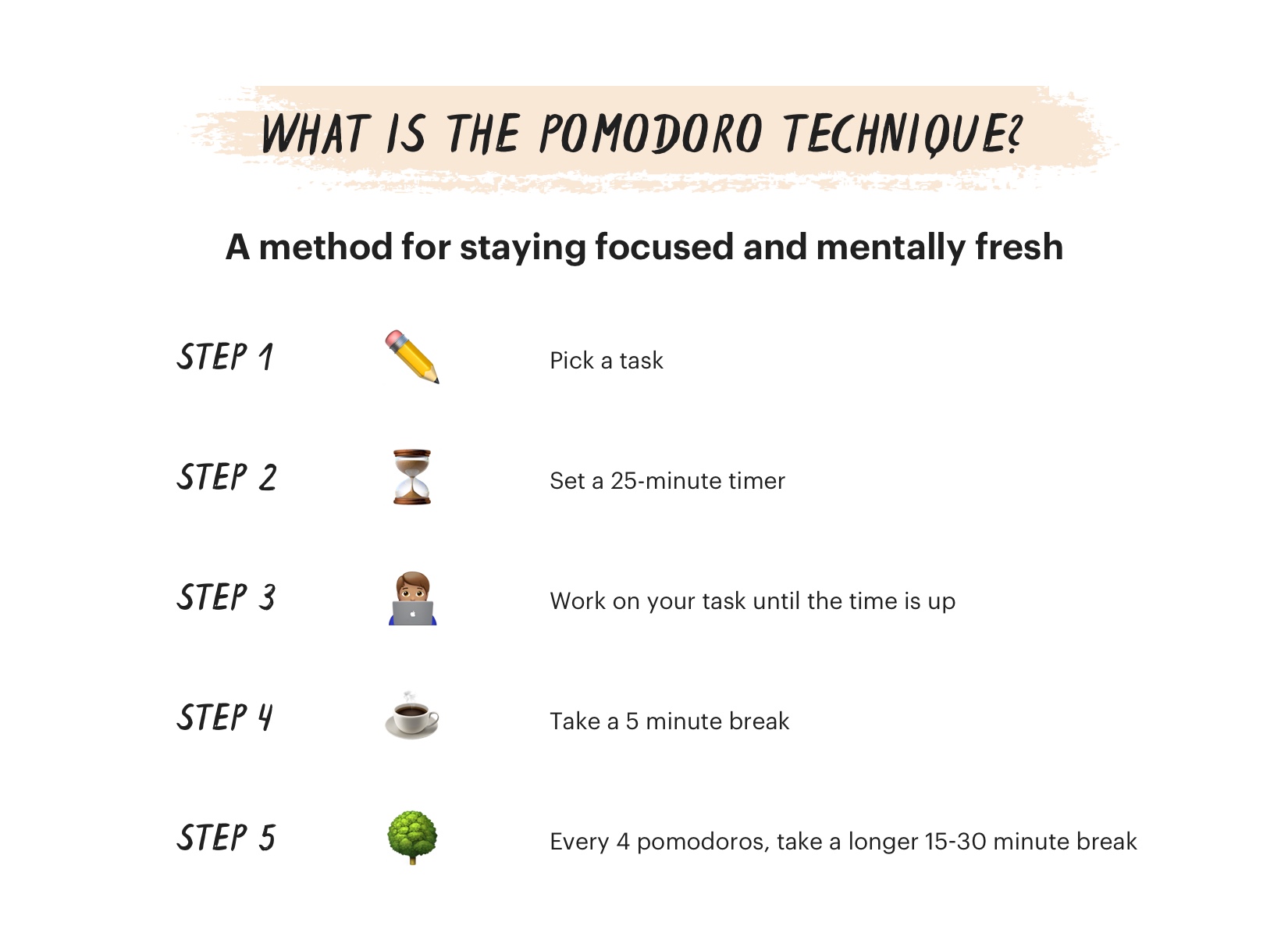



The Pomodoro Technique Why It Works How To Do It




French Labor Laws Working Time And Leave Expatica




How To Work From Home 24 Tips From People Who Do It Successfully




I Ve Been Working From Home For 10 Years Here Are The 6 Biggest Mistakes To Avoid
/hours-teens-are-legally-allowed-to-work-2063912_Final-f834f3e53b7c42f2b665a35092888421.png)



Hours Minors Are Legally Allowed To Work



Www Dol Gov Whd Opinion Flsana 08 08 05 15 07na Flsa Pdf




Lunch Meal Break Laws In California A Guide To The Rules
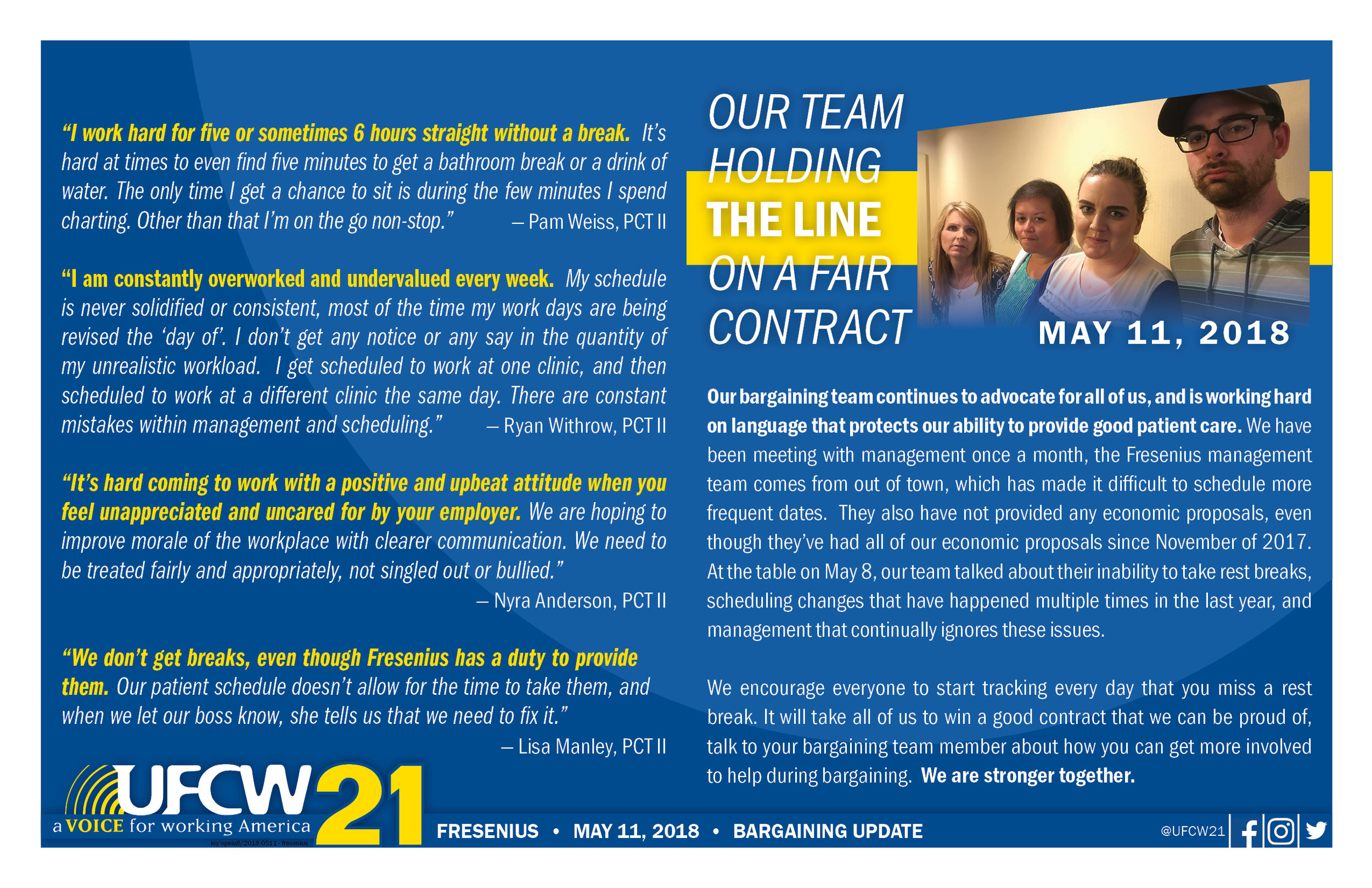



News Updates Ufcw 21



Sp Ltc Gov On Ca Sites Mol Drs Ca Administrative and waste management 562 22 Pdf



Www Lni Wa Gov Forms Publications F700 074 000 Pdf
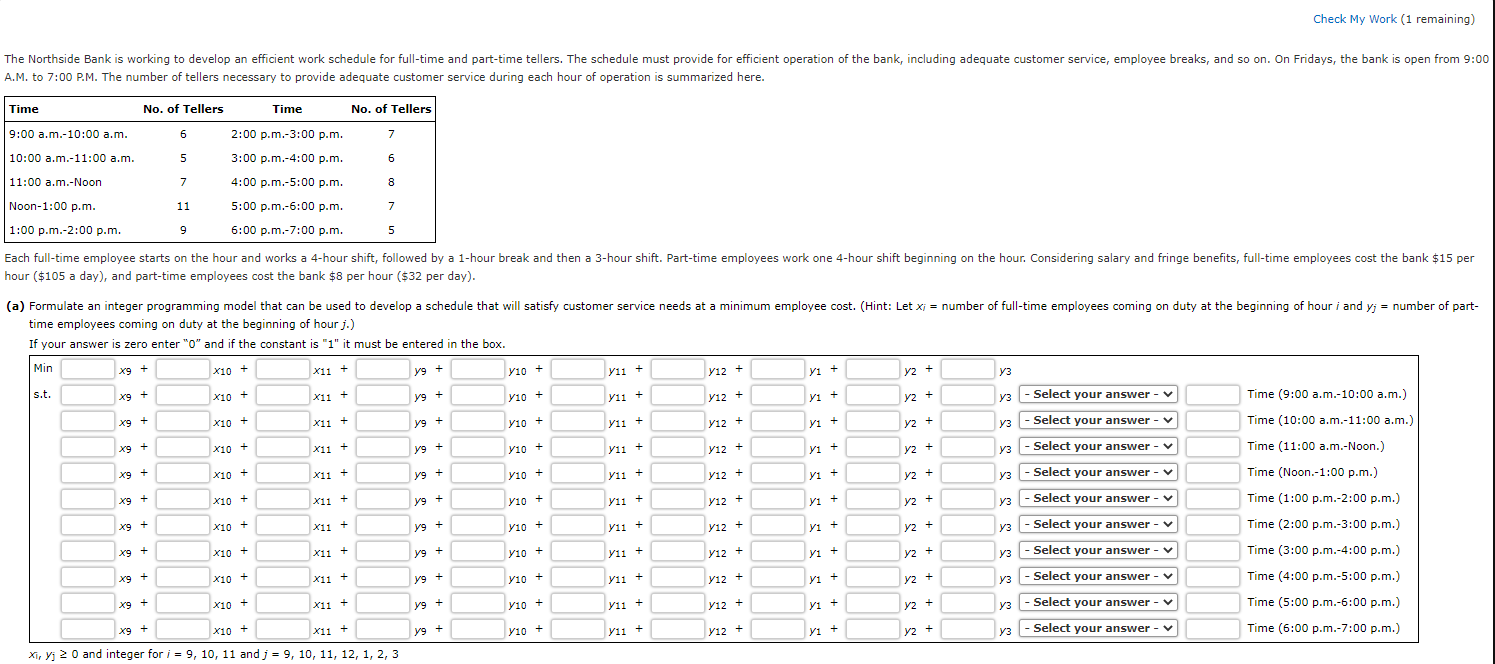



Check My Work 1 Remaining The Northside Bank Is Chegg Com



1



2




The New Working Time Law In The Netherlands Download Scientific Diagram
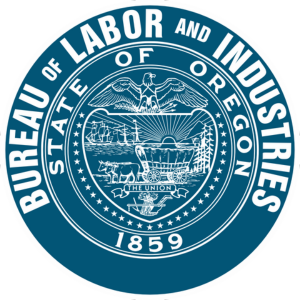



Boli Minor Workers For Employers State Of Oregon




10 Tips For Mastering Time Management At Work Lucidchart Blog




Former Cafe Staff Report Insane Working Conditions By Sara Wilkins Issuu



2



2



Gazettes Africa Archive Sz 14 Sz Government Gazette Dated 14 02 04 No 05 Pdf




How To Calculate Total Work Hours Minus Lunch Time In Excel Youtube




Tips For Working From Home Pcmag



Www Vallejowastewater Org Documentcenter View 711 Side Letter Operations 12 Hour Shift 0221 Pdf



Www Littlerock Gov Media 1697 Overtime Pre Approval Form Pdf



Bypassing Work S Firewall Thebestvpn Com



2



2



2
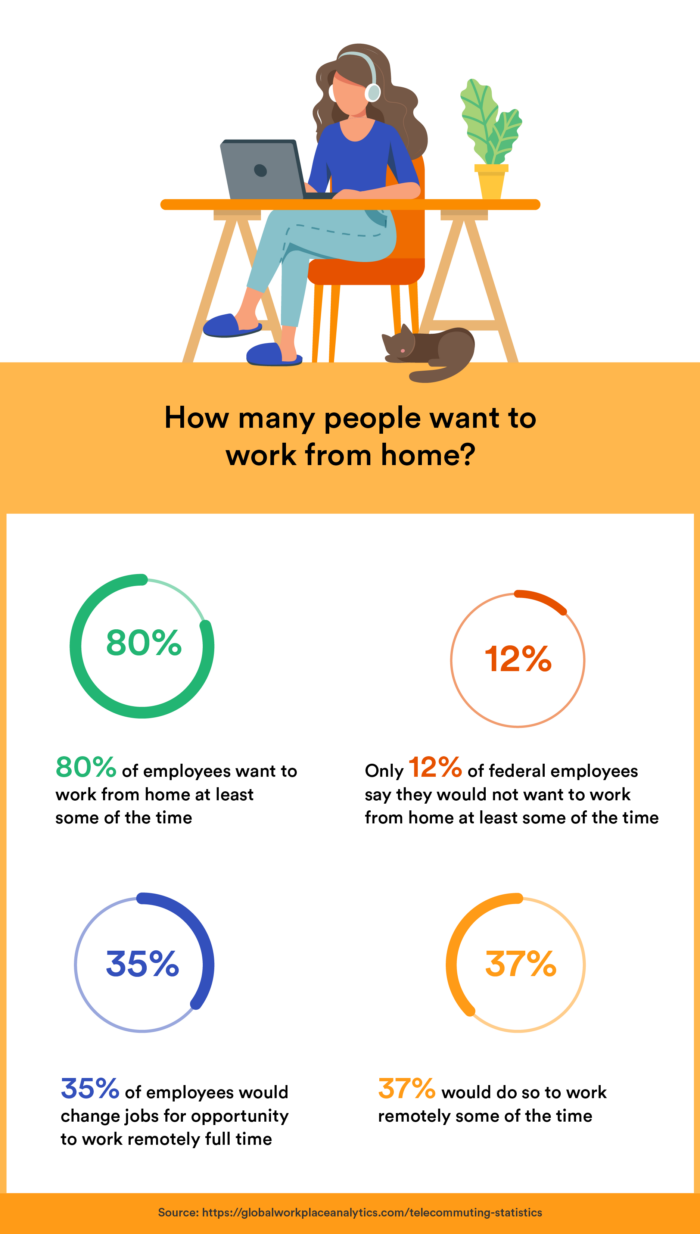



Working From Home The Ultimate Guide




How To Work From Home To Stay Healthy Productive 9 Tips



Http Www Nswnma Asn Au Wp Content Uploads 17 11 Silver Chain Group Limited Enrolled Nurses 27 Enterprise Agreement 16 Pdf



2




3 Surprising Secrets To Maintaining Your Focus By Evernote Taking Note Medium




10 Tips For Mastering Time Management At Work Lucidchart Blog
/Balance_Military_Time_3356971_V3-bad19a65154b415aa46243697c50e4d5.png)



The 24 Hour Military Time System



Www Gov Mb Ca Labour Standards Asset Library Eal Resources 57 4c Pdf



Sp Ltc Gov On Ca Sites Mol Drs Ca Construction of buildings 236 22 421 2502 Pdf




Successfactors Time Management New Features In H1 21 Sap Blogs



Www Ohr Wisc Edu Polproced Cppp Cppp Chapter14 Pdf



Www Doi Gov Sites Doi Gov Files Elips Documents Alternative Work Schedules Pdf
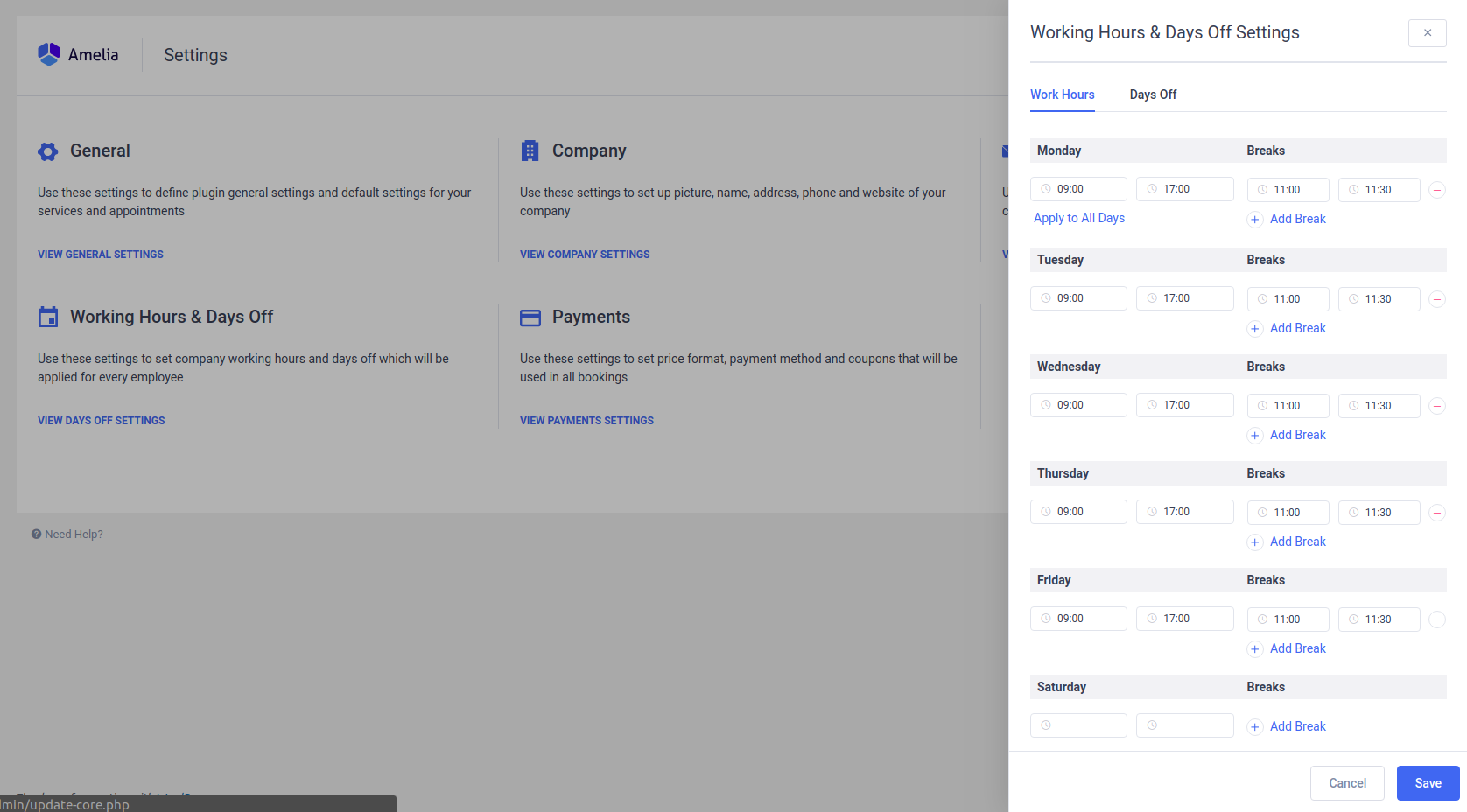



Configuring Global Working Hours Amelia Wordpress Booking Plugin



3 11 Hours And Attendance Pdf Free Download




How To Spend Way Less Time On Email Every Day
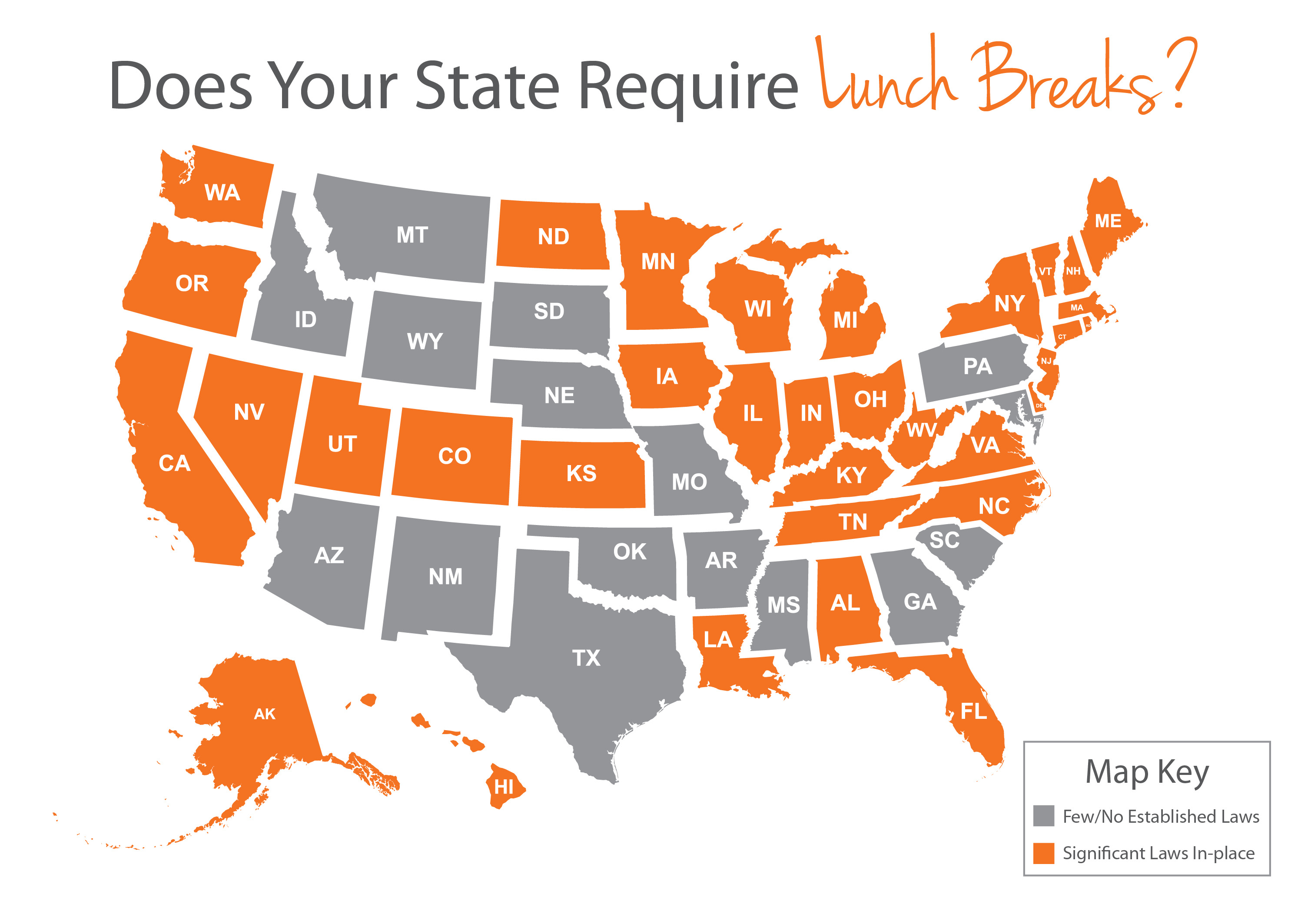



Lunch Break Laws By State



Revealed How 7 Eleven Is Ripping Off Its Workers




3 Things You Need To Know About The Split Sleeper Berth Rule




How To Ask To Work From Home With Exact Scripts Email Templates



Http Mnu10 Ca Wp Content Uploads 14 09 Breaks Pdf



Q Tbn And9gcrcp4o 2ijz19pvfoyvz 7wifmc1glegbot78epzjtguhyjnnng Usqp Cau
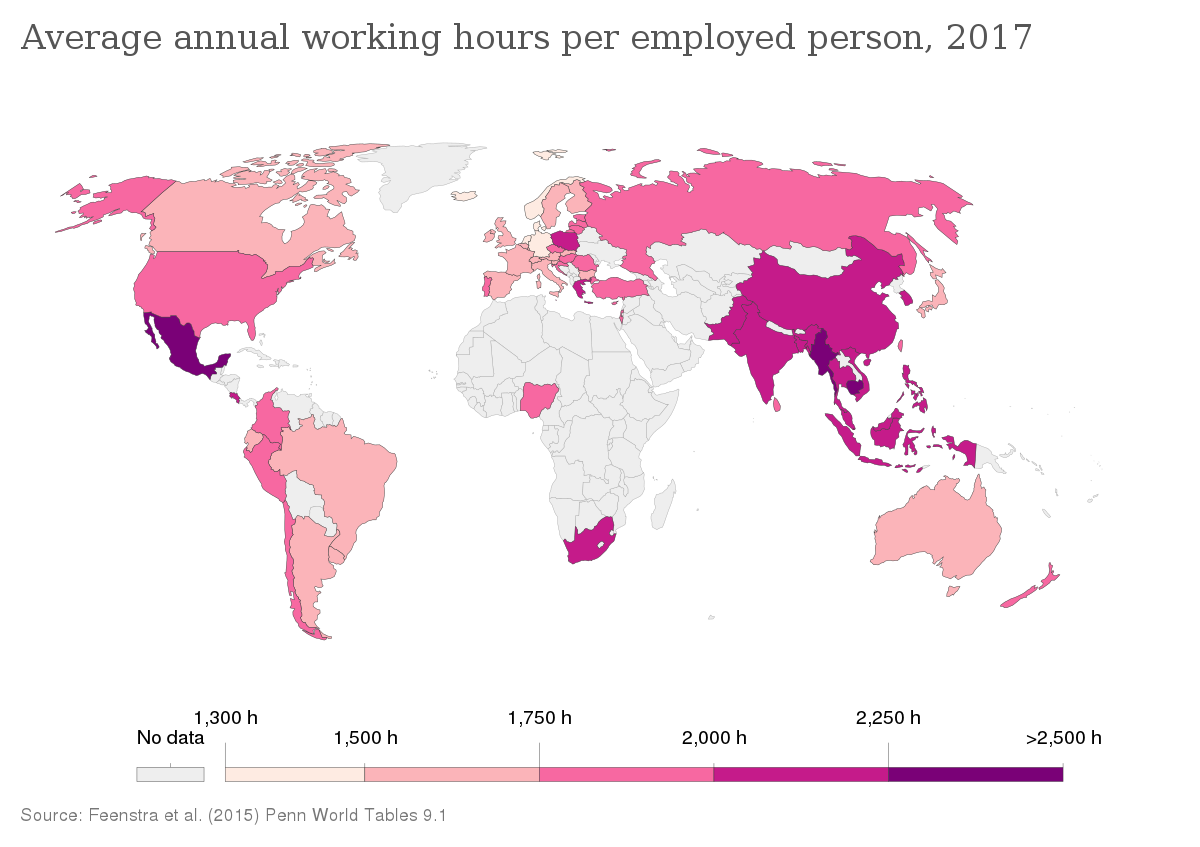



Working Time Wikipedia



1



2



2



Www Silvervision De Wp Content Uploads 18 02 Silvervision Tandc Steering Times Pdf



2




Working From Home From Mindtools Com


